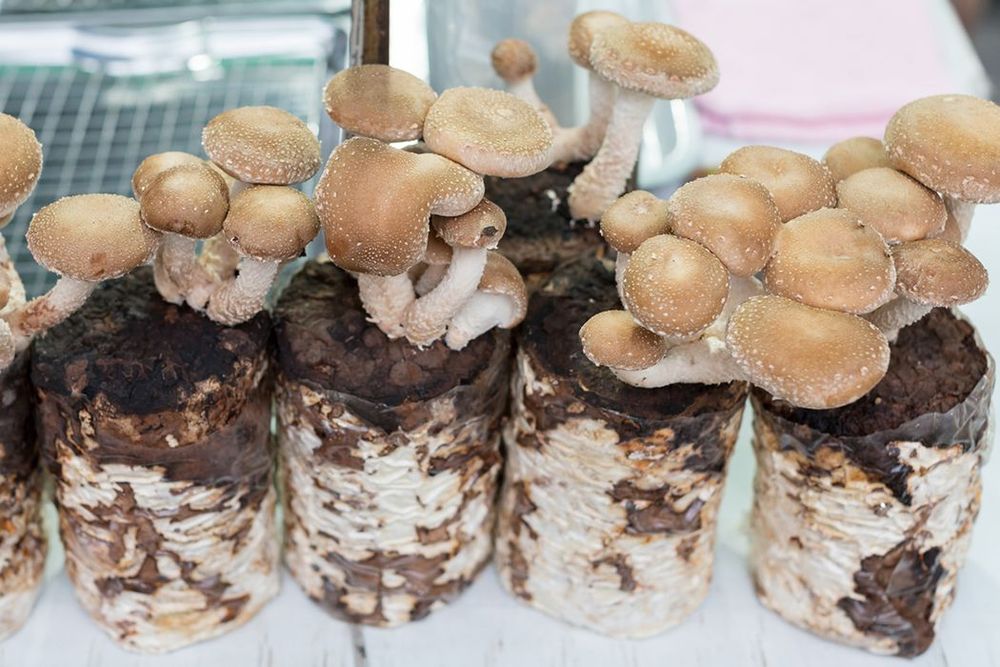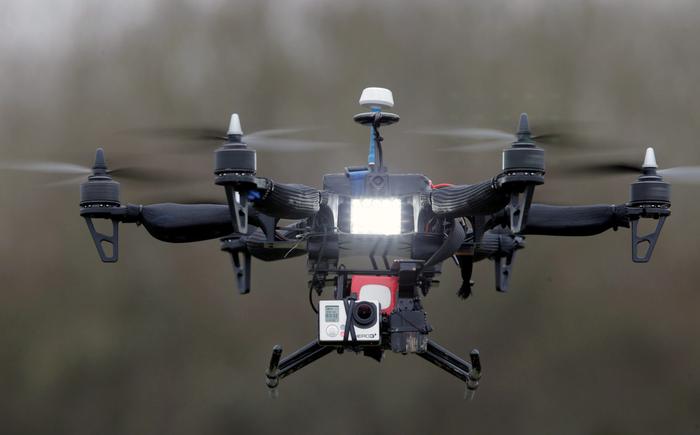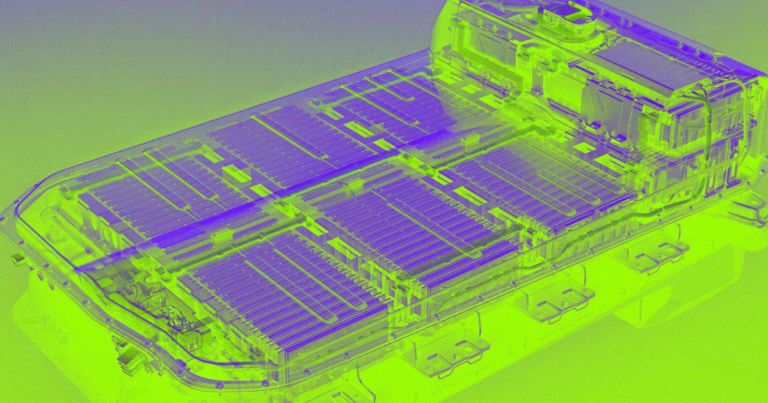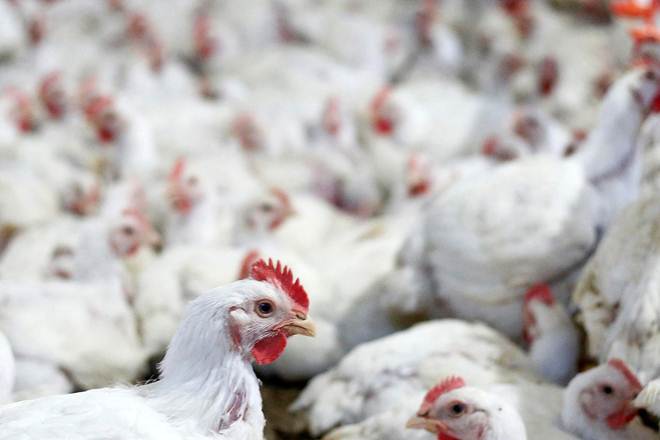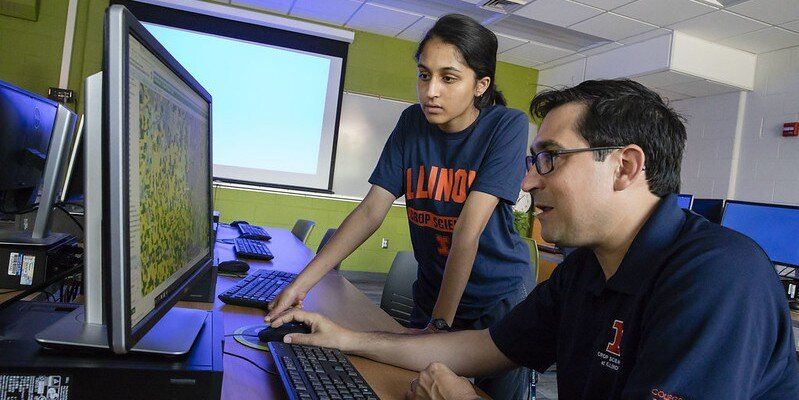Life on Earth is dependent on photosynthesizing plants and algae for food, yet land plants did not evolve until about 450 million years ago, Tang said. “The new fossil suggests that green seaweeds were important players in the ocean long before their descendants, land plants, took control,” he said.
These fossils came from an ancient ocean, but there is still a debate about where green algae originated. “Not everyone agrees with us; some scientists think that green plants started in rivers and lakes, and then conquered the ocean and land later,” Xiao said in a statement.
Moreover, green algae isn’t the oldest algae on record. “There is strong fossil evidence that red algae existed over a billion years ago, and we know the red and green algae diverged from a common ancestor,” Gibson told Live Science in an email. “So, although this doesn’t fundamentally change the way I’ll think about the evolution of life, the discovery of this green algal fossil helps fill an important gap and strengthens an emerging timeline for the evolution of early, complex life.”



